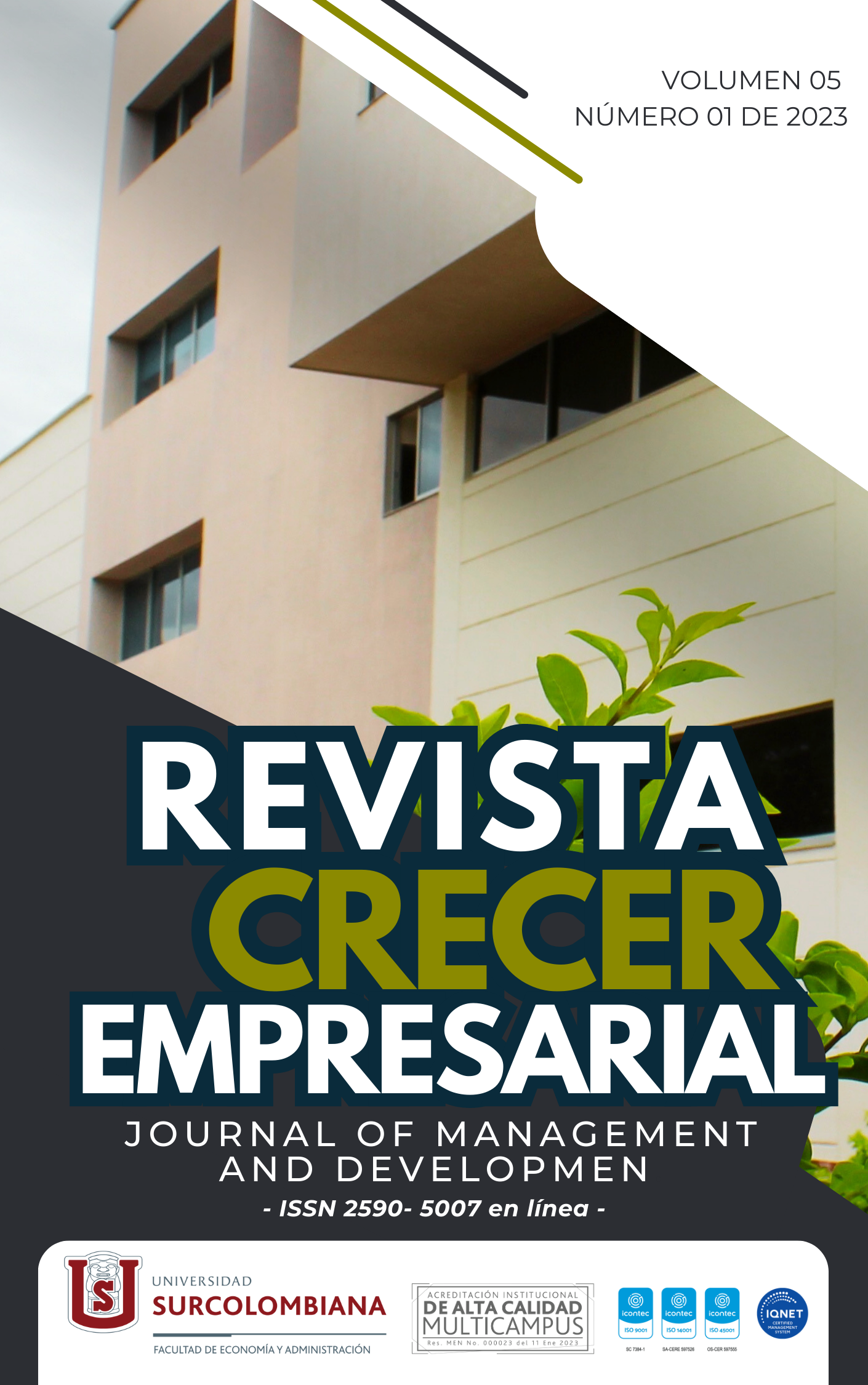Español
##plugins.themes.bootstrap3.article.main##
Abstract
This article of reflection, for the current moments, it is necessary to analyze how the modern tendencies of public management, based these, in the general changes raised within the interaction State society, have been influenced by the globality, the opening of the economies, and the subsequent tendency to strengthen the capacities of public managers and the imperious and necessary shift towards the valuation of all processes with a point of arrival towards democratization, as an indisputable means that allows full management and governability, beyond convictions personal of the rulers of the day.
To achieve the above, the probability of success must be assumed, given that the realities to which they are confronted are characterized by the increasingly active behavior of the collectives, the co-responsibility relationships and the structuring of skills that demand better responses. of the government to meet, order and solve demands whose origin lies in the plurality and diversity of civil society, understood as a system of coexistence and cooperation that proposes, as an objective, and with the help of public authority, overcoming restrictions to develop conditions of individual and collective fulfillment.
Many of the actions of the current governments turn into fallacies that do not seek any definitive solution, but rather the adjustment of management to the swing of plurigobernantes conditions and committed to the minority, eaten away these, by the devilish corruption and cravings power perennial, going then like this, to the obvious detriment of social life in general, frequently engendering and ignoring in many of the decisions the power that the collective commissioned at the time of assuming the role of ruler.
Keywords: Public management, Governance, Institutional development, Civil society, Government processes.
Downloads
##plugins.themes.bootstrap3.article.details##
Bibliografía
Barzelay, M. (1998). Atravesando la Burocracia. Una nueva perspectiva de la Administración Pública. FCE.
Cardoso, H. (2003). Gobierno. Buenos Aires, Ed. Nueva visión.
Dimock, M. E. & Ogden, G. (1967). Administración pública. Editorial Tela. México.
Ibáñez, J. (2006). Las Funciones públicas y la Estructura del Estado para Cumplirlas. Bogotá: Justicia y Desarrollo Sostenible Ltda.
Lane, J. E. (2000). New Public Management. London: Routledge.
Losada, C. (ed.) (1999). ¿De burócratas a gerentes?: Las ciencias de la gestión aplicadas a la Administración del estado. Washington D.C.: Banco Interamericano de Desarrollo.
Moore, M. (1995). Gestión estratégica y creación de valor en el sector público. Barcelona. España: Ediciones Paidós Ibérica.
Tomassini, L. (1994). ¿Qué espera la sociedad del Gobierno? Ed. Universidad de Chile.
Osborne, D. & Gaebler, T. (1992). La reinvención del gobierno. Buenos Aires: Paidós.
Stiglitz J. (1989). The economic role of the State. Oxford: Basil Blackwell.
Stohr, W. (1996). Descentralización y desarrollo local. Documento del Proyecto: Red de Ángeles de Desarrollo Local. Equipo Docente. Universidad Academia de Humanismo. Santiago de Chile.




